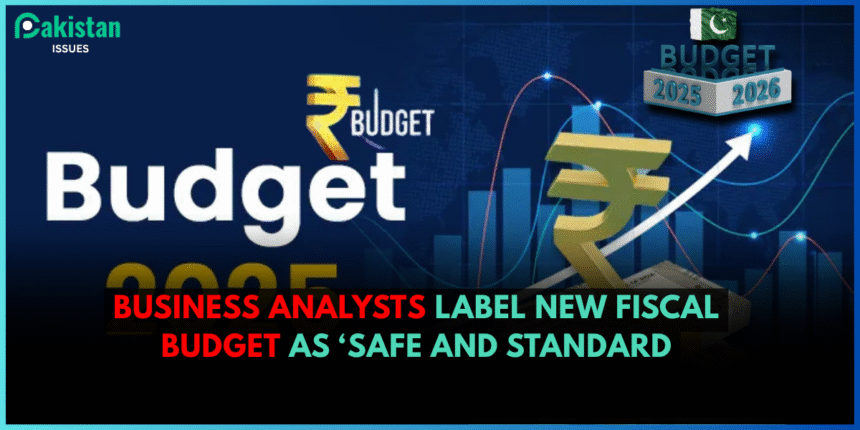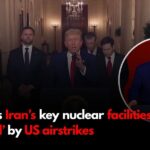ISLAMABAD: The federal government’s newly announced budget for the upcoming fiscal year has drawn a reserved response from economic analysts and business figures, who have largely labelled it “conventional” and “predictable,” lacking the kind of reforms many had hoped for.
Economist Mahreen Agha, speaking to a local financial daily, said, “It’s a maintenance budget — nothing disruptive, nothing visionary. It ticks boxes but avoids real change.”
The budget outlines modest goals: keeping the fiscal deficit in check, maintaining IMF confidence, and offering mild tax reforms. While the government highlighted its commitment to economic stability, stakeholders argue that stability alone isn’t enough.
Business communities, particularly those representing medium-sized industries and traders, have expressed concerns over the continued burden of indirect taxes and the absence of serious measures to improve the business climate. “Energy costs are still high, borrowing is expensive, and there’s no major incentive for local manufacturers,” said Rana Bilal, a textile exporter from Faisalabad.
On the positive side, the budget includes slight increases in development spending and support for agriculture. But many feel that these moves are too small to drive real momentum in a struggling economy.
Market response was notably flat. The Pakistan Stock Exchange barely moved following the budget speech, indicating that investors saw little to excite or alarm them. “It was mostly what we expected — no surprises, good or bad,” said a senior analyst at a Karachi brokerage.
Some critics also pointed out the government’s missed opportunity to broaden the tax base. “Instead of serious reforms, it’s more of the same,” said tax consultant Jawad Ahmed. “There’s talk about documentation, but no clear roadmap.”
Politically, the budget appears designed to avoid controversy, particularly in the lead-up to local elections. One senior journalist commented, “It’s more about staying afloat than moving forward.”
In short, while the budget may help maintain short-term stability, many experts believe it falls short of what’s required for long-term economic transformation.










